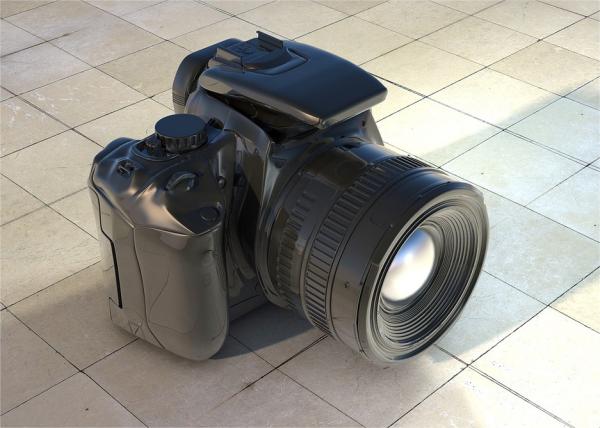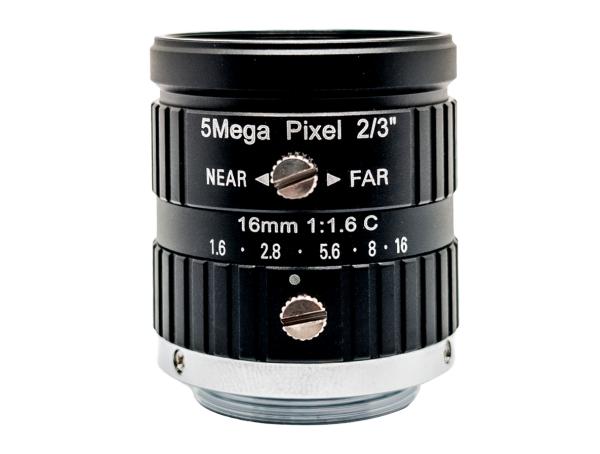1、Can industrial lenses be used as SLR lenses?
The designs and uses of industrial lenses and SLR lenses are different. Although they are both lenses, the way they work and the circumstances in which they are used will be different. If you are in an industrial production environment, it is recommended to use special industrial lenses; if you are doing photography work, it is recommended to use professional camera lenses.
Industrial lenses are designed with a focus on accuracy, durability, and stability, primarily to meet the needs of manufacturing and other professional applications, such as specific uses in automation, surveillance, medical research, and more.
The design of SLR lenses mainly needs to consider optical performance, artistic expression and user experience, etc., in order to meet photographers’ needs for image quality and innovative performance.
Although it is technically possible to install an industrial lens onto a SLR camera (provided the interface matches), the shooting results may not be ideal. Industrial lenses may not provide the best image quality or functionality, and they may not work with your camera’s auto-exposure or auto-focus system.
The SLR camera
For some special photography needs, such as close-range microscopic photography, it is possible to install industrial lenses on SLR cameras, but this generally requires professional supporting equipment and professional knowledge to support the completion.
2、What parameters should we pay attention to when selecting industrial lenses?
When choosing an industrial lens, you need to consider a variety of parameters. The following parameters are generally the focus:
Focal length:
The focal length determines the field of view and magnification of the lens. A longer focal length provides longer range viewing and magnification, while a shorter focal length provides a wider field of view. It is generally recommended to choose an appropriate focal length based on the needs of specific application scenarios.
Aperture:
Aperture determines the amount of light transmitted through the lens and also affects the clarity and depth of the image. A wider aperture allows for better exposure and image quality in low-light conditions. If the lighting of the scene you are shooting is relatively weak, it is recommended to choose a lens with a larger aperture.
Resolution:
The resolution of a lens determines the image details it can capture, with higher resolutions providing clearer, more detailed images. If you have higher requirements for the clarity of the captured images, it is recommended to choose a higher-resolution lens.
The industrial lens
Field of view:
Field of view refers to the range of objects that the lens can cover, usually expressed in horizontal and vertical angles. Choosing the appropriate field of view ensures that the lens can capture the desired image range.
Interface type:
The interface type of the lens should match the camera or equipment used. Common industrial lens interface types include C-mount, CS-mount, F-mount, etc.
Distortion:
Distortion refers to the deformation introduced by the lens when it images an object onto the photosensitive element. Generally, industrial lenses have higher requirements on distortion. Choosing a lens with low distortion can ensure the accuracy and precision of the image.
Lens quality:
Lens quality directly affects the clarity and color reproduction of the image. When choosing a lens, you need to ensure that you choose a high-quality lens brand and model.
Other special requirements: When selecting industrial lenses, you also need to consider whether the environment in which it is used has special requirements for the lens, such as whether it is waterproof, dustproof, and high temperature resistant.
Final Thoughts:
ChuangAn has carried out the preliminary design and production of industrial lenses, which are used in all aspects of industrial applications. If you are interested in or have needs for industrial lenses, please contact us as soon as possible.
Post time: May-28-2024





